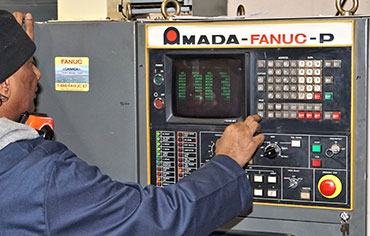
Electrical enclosures are used in most industries today and are frequently in use at traffic intersections. Designed to house a variety of different types of electrical equipment, electronic metal enclosures house vital equipment that is responsible for performing a host of important tasks, including controlling time relays at traffic lights and even supplying power to homes and businesses. Although electrical sheet metal enclosures do not perform those tasks on their own, they are responsible for keeping the equipment they house safe.
In many instances, electronic enclosures are designed to provide protection from environmental elements. Specifically, it is important for corrosion to be prevented. As a result, it is important for the materials that are used in the manufacturing of electronic enclosures to be corrosion resistant. One of those materials is aluminum. Along with being non-magnetic, aluminum offers excellent anti-corrosive properties. Stainless steel is also an excellent material of choice for the production of electronic enclosures. In addition to its anti-corrosive properties, it is also impact resistant. Although plastics may sometimes be used for the production of electronic enclosures, it should be noted that it is sensitive to heat, which can be problematic for components that must reside outside for extended periods of time.



